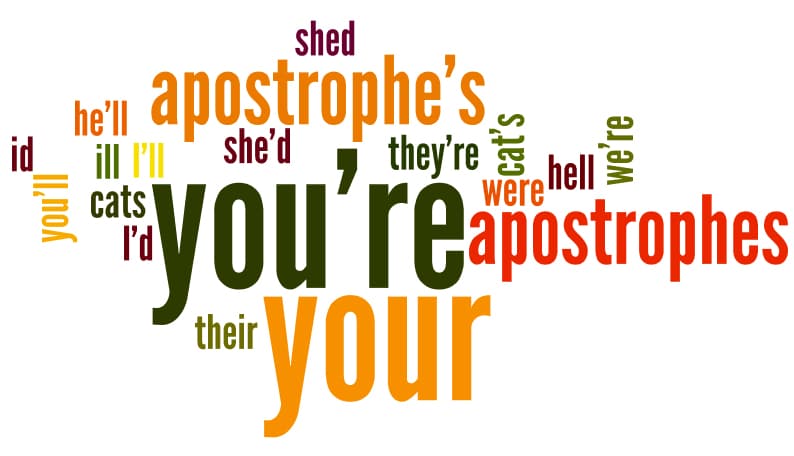Imprecise Phraseology
It’s perfectly fine to babble when writing your first draft of text, so long as you have the sense to cut out irrelevancies later. When we are writing a piece of work it is all too easy for imprecise phraseology and long-winded explanations to creep in as we put down our thoughts. Consequently, one of the most important things you can do to improve your academic writing is to read through your piece, once it is completed. You must also search specifically for unclear, unnecessary or excessively lengthy phrases and sentences.
Academic writing does not necessarily need gentle introductory sentences. You can cut straight to the chase by stating your key fact immediately before discussing it. Be brutal about deleting comments. Here are two examples: 1) ‘The research showed up some interesting results’. 2) ‘Through the course of the research we found evidence to both support and undermine the premise’. These add nothing of any importance and use up valuable words.
Reduce your word count
Additionally, it is helpful to see if you can reduce your word count by tightening up your sentence structure. Instead of: ‘The evidence which has been presented above shows that the hypothesis which was advanced at the beginning of the study has been proved’ try: ‘The results of this study prove the hypothesis posited.’ Cut out parentheses which interfere with meaning. Also don’t be afraid to use short, clear sentences where they convey meaning as adequately as something more convoluted. So… keep your text precise and cut out irrelevancies!
Proofers offer a wide variety of services to meet your individual needs. We offer four core services which include proofreading, copy-editing, document formatting, paraphrasing and plagiarism checking. We proofread all documents ranging from essays, assignments, dissertations, speeches, proposals, presentations, theses to even short stories.
For all your editing needs visit: https://www.proofers.co.uk/






